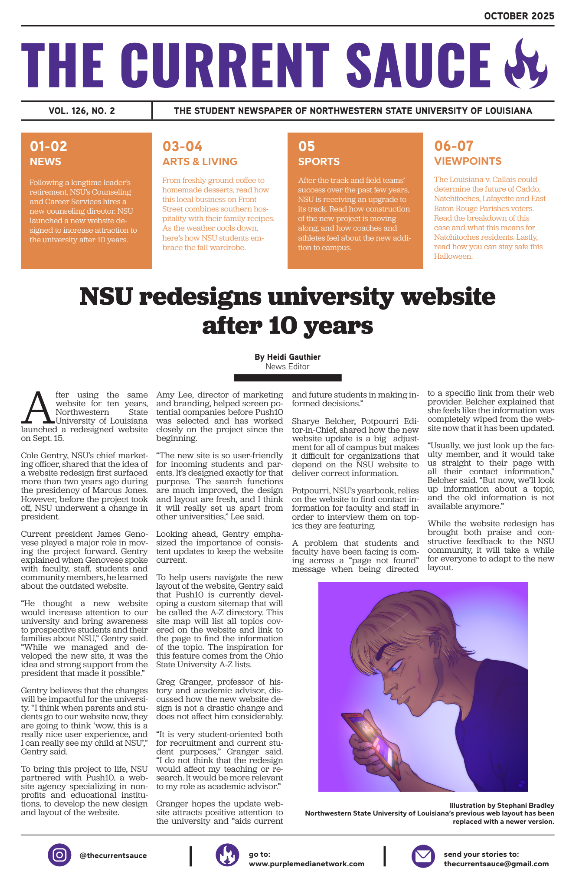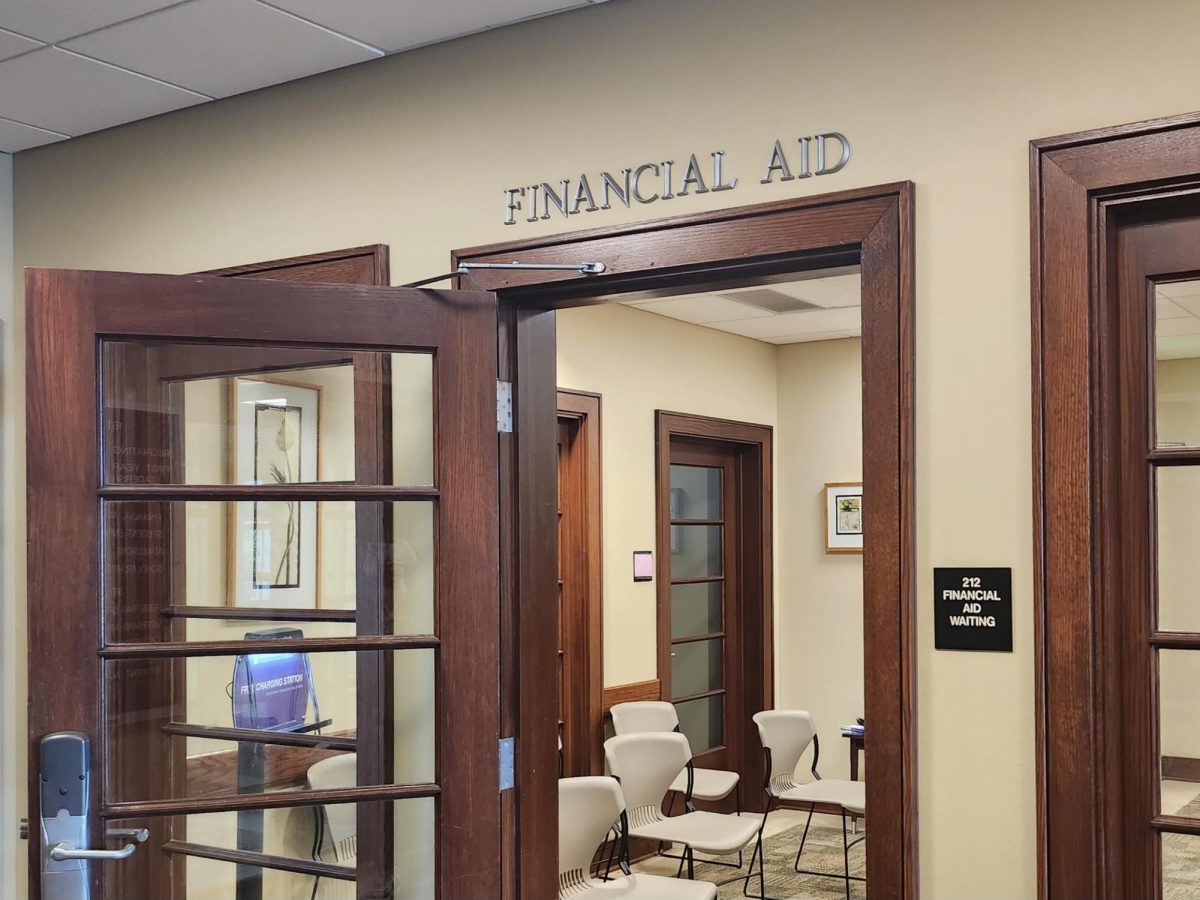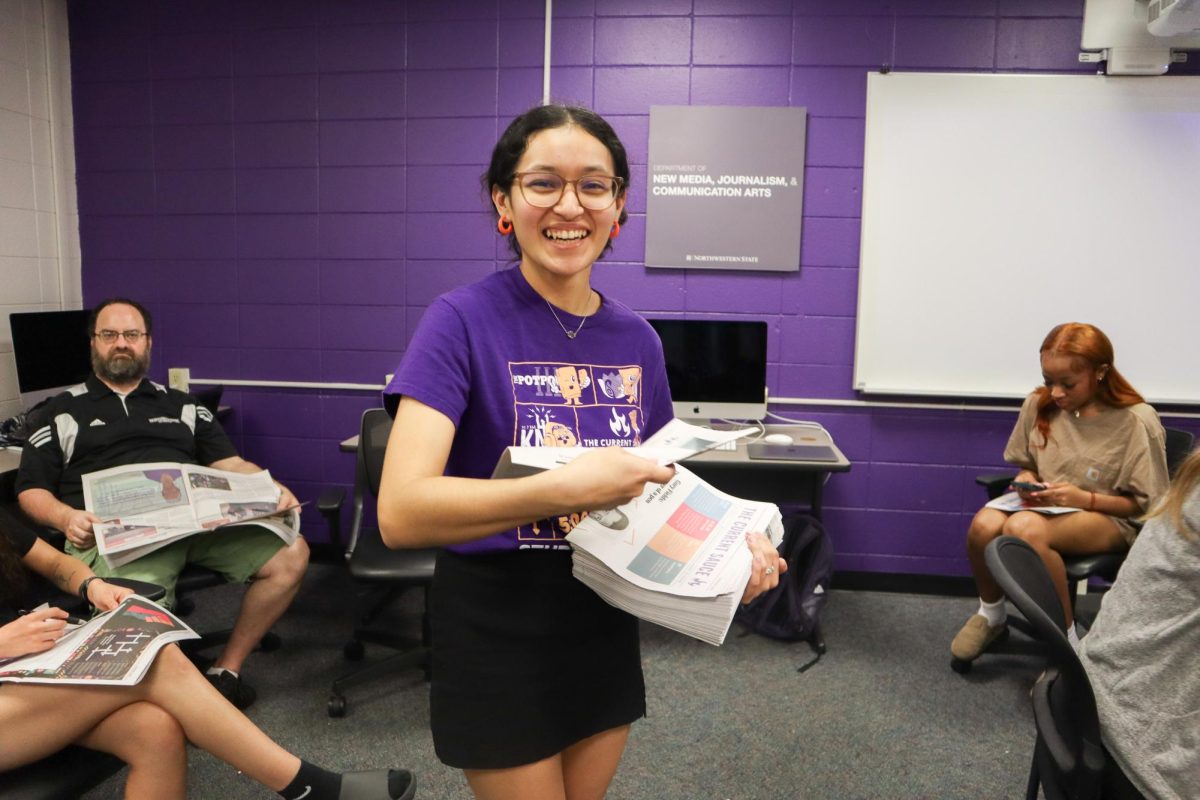College is a time of exploration, personal growth and tumultuous change. Are you longing to start fresh on a new path? Maybe you decided you want to go into a different career. Maybe you discovered a new passion that you want to dedicate your time to. Perhaps the life plan you made when you were 17 just doesn’t fit anymore. There are many reasons why a student might change their major, but how can you know if this change is right for you?
Deciding on a major requires knowing yourself: your skills, your limitations, your work ethic and your passions. If you have many interests, choosing one major can feel limiting. On the other hand, if you are not particularly confident in any subject matter, picking a major can feel daunting.
Emma Wale, a sophomore music performance major, said she let her perfectionism get in the way of studying her passions. Wale started college as a hospitality and tourism major, but worried that, “had I actually gone through with hospitality and tourism, that probably wouldn’t have set me up for success.”
Wale, who has declared five different majors during her two years of college, explained that her indecisiveness stemmed from “fear of failure in each specific major.” Many students want to find the major that they excel the most in, and this sometimes requires trial and error.
So far, Wale is thoroughly enjoying her new major. “I would rather not change my major again,” she said. “I want to keep on a stable path, at least for right now.”
Finding a major you are happy with is incredibly gratifying; however, the process also has drawbacks. If your new major is drastically different from your previous program, you may be behind in necessary courses. “I’m a semester to a year behind, depending on the classes,” Wale said.
However, changing your major does not always put you behind. In some cases, switching your major can actually put you on a quicker path towards graduation. This is the case for Ava Collinsworth, a junior finance major.
Collinsworth was formerly a double major in actuarial mathematics and art history, but felt unsatisfied. A conversation with her advisor convinced her to change majors.
“Dr. Keele talked me out of the double major,” Collinsworth said. “His thought was that it would take me more than four years, I took a ceramics class and decided I didn’t want to take more art courses, so I dropped that, and then I switched to finance because it was the best option for getting out of college quicker.”
If you do not want to be in college for a long time, there may be a major program that puts you further ahead on your academic journey.
Changing majors can also mean a change of scenery. If you are in a new department, you will be interacting with completely different people. This can provide opportunities for new connections in your chosen field. On the other hand, it can be isolating.
Keegan Martinez, a sophomore English literature major, changed his major from piano performance. “The cons were sort of losing people that supported you as you move to an entirely different department,” Martinez said. However, there will always be people who support you despite the change.
“You can do anything as long as you have support in your department,” Martinez said. “And I can say that the piano faculty supported me and my aspirations even if I had to leave.”
Wale, Collinsworth and Martinez are far from the only people with this experience. According to the National Center for Education Statistics, about one-third of students in four-year programs decide to change their major, and 10 percent of students change their major more than once. It is very common for students to explore different academic programs to discover what they want to get their degree in.
Changing your major at Northwestern State University of Louisiana is an easy process. Accessing Degree Works through myNSU shows a student’s progress in their current degree and allows them to explore the requirements of other majors with the “What-If” feature.
After deciding on a new major, students can obtain Major Change forms from the Registrar’s office or the NSULA website. Simply fill out the form with your academic advisor and start planning your new degree path.
“Give your original major a chance. Take major-specific classes, and if it doesn’t grab you, try something you might be more interested in,” Collinsworth said.
Despite the drawbacks, changing your major is the best choice for many students. If you are thinking about trying a new academic program, consider your personal happiness as well as practicality. Don’t be afraid to explore different paths.



































